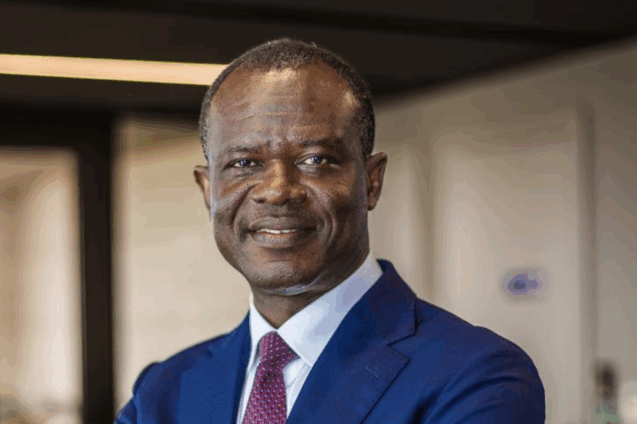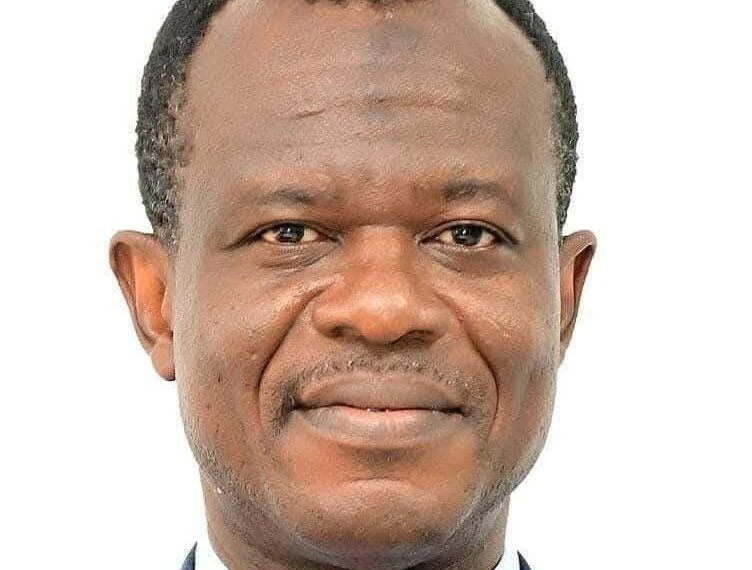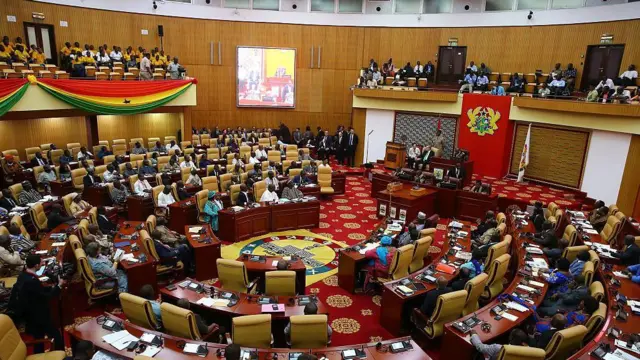Ghana’s currency has seen a remarkable turnaround this year, with the cedi appreciating by 12.2 percent as of May 2025, a sharp contrast to the same period in 2024, when it had depreciated by about 13 percent.
According to the First Deputy Governor of the Bank of Ghana (BoG), Dr. Zakari Mumuni, this historic reversal is not by accident but rather the outcome of a carefully crafted monetary policy stance that is now bearing visible fruit.
“If you look at the data from when we started the flexible exchange rate regime up to now, this is the only time within the first four or five months we have had this level of strength in the Ghana cedi”
Dr. Zakari Mumuni, First Deputy Governor of the Bank of Ghana (BoG)
Dr. Mumuni described the performance of the cedi as unprecedented within the context of Ghana’s floating exchange rate regime, which has been in place for several decades. He attributed the appreciation primarily to strong domestic policy measures rather than external factors.
While acknowledging that global conditions play a role, Dr. Mumuni was emphatic that Ghana’s internal decisions had the greater impact this year. He pointed to the Bank’s tightening of monetary policy as a key factor that is now yielding results.
“When we raised the policy rates, a lot of people, including GUTA and analysts, came after us. They had all kinds of comments. They were not happy, but we knew exactly what we were doing and it’s the fruit you are beginning to see”
Dr. Zakari Mumuni, First Deputy Governor of the Bank of Ghana (BoG)

According to him, the aim was to reinforce the country’s disinflation efforts by strengthening liquidity management through “cedi sterilization,” largely carried out via open market operations.
This approach, he said, helped reduce the volume of cedis circulating in the economy and thus supported the currency’s strength. “We’ve been very, very strong on cedi liquidity sterilization in the system and this is really, really helping.”
He also cited the central bank’s earlier decision to raise cash reserve ratios as another factor that contributed to the success of the sterilization program, describing it as a coordinated effort aimed at “stabilizing the macroeconomic environment.”
GoldBod Collaboration
In addition to monetary policy, Dr. Mumuni addressed the BoG’s continuing role in Ghana’s gold purchase programme, clarifying growing public concerns about the central bank’s position within the framework of the newly structured GoldBoD arrangement.
“Contrary to what some believe, the Bank is really working closely with the GoldBoD in designing the arrangement. As you are aware, the gold purchase program has been critical and going forward, it will remain so”
Dr. Zakari Mumuni, First Deputy Governor of the Bank of Ghana (BoG)
He stated that the Bank has been involved in shaping the GoldBoD from the onset and will continue to do so, including taking up a role on its board. The shift toward using GoldBoD, he explained, is aimed at formalising the small-scale gold mining sector and improving foreign exchange and gold inflows into the national reserves.

“Instead of having to deal directly with the aggregators we use now, this will be done through the GoldBoD, and the idea will be to put some sanity in pricing and also deal with issues of smuggling”
Dr. Zakari Mumuni, First Deputy Governor of the Bank of Ghana (BoG)
Dr. Mumuni dismissed any suggestion that the Bank’s role in gold purchases is being diluted. On the contrary, he argued, the new model is designed to enhance efficiency, curb leakages, and deepen the central bank’s influence in regulating the sector through a more structured approach.
“We will be playing a more collaborative role with the GoldBoD. It is expected to enhance our program by ramping up receipts we get from the small-scale gold sector”
Dr. Zakari Mumuni, First Deputy Governor of the Bank of Ghana (BoG)
As Ghana moves forward, the stability of the cedi and the efforts to shore up reserves through gold operations are expected to form a critical part of the broader economic recovery strategy.
With the BoG continuing to play both a monetary and strategic role, stakeholders may now find reason to trust the trajectory of the cedi as deliberate and data-backed.
READ MORE: Ghanaian Artists Urged to Embrace Music Evolution While Honoring Heritage





















